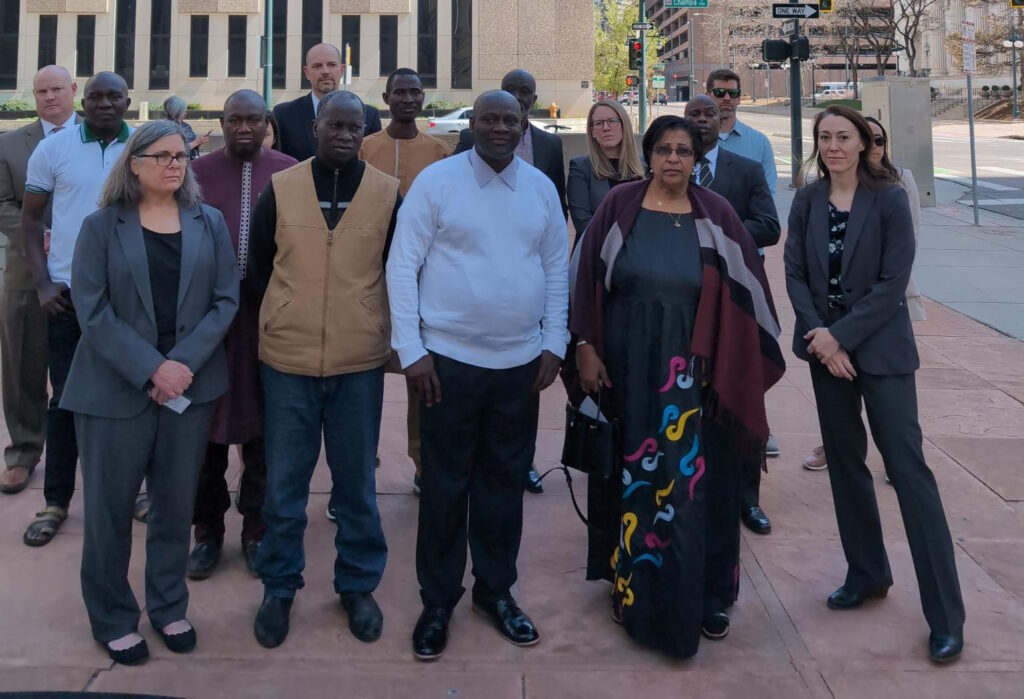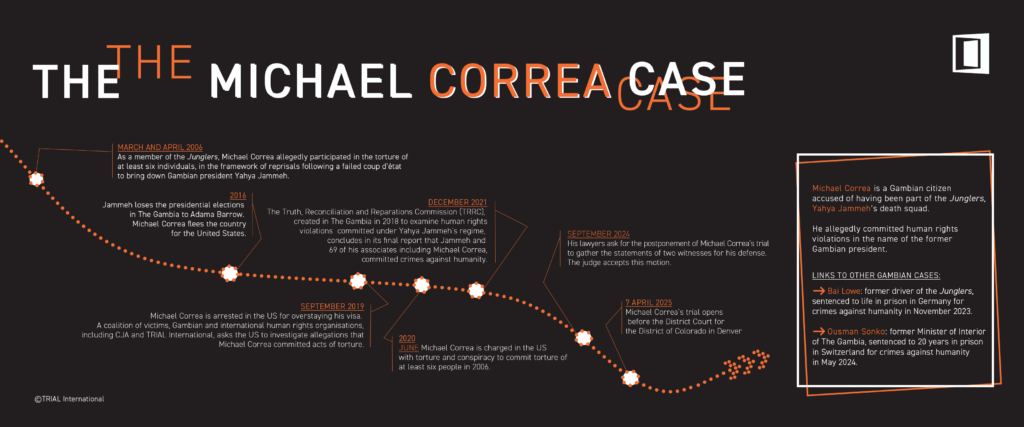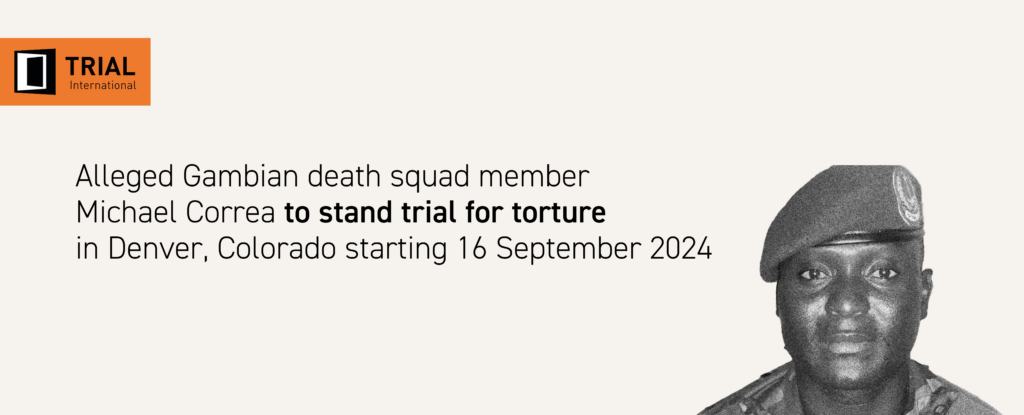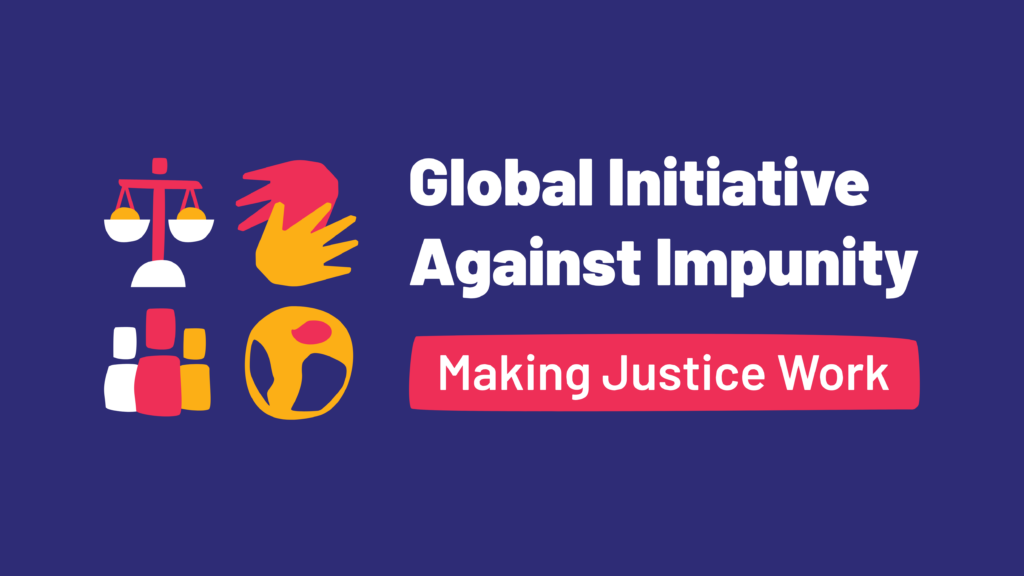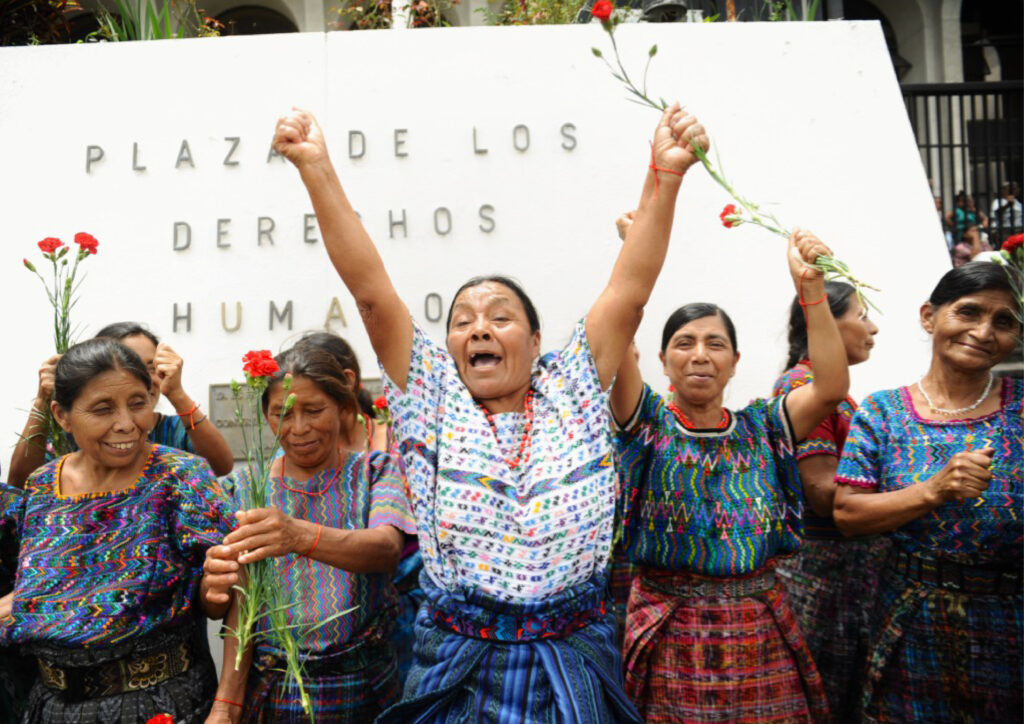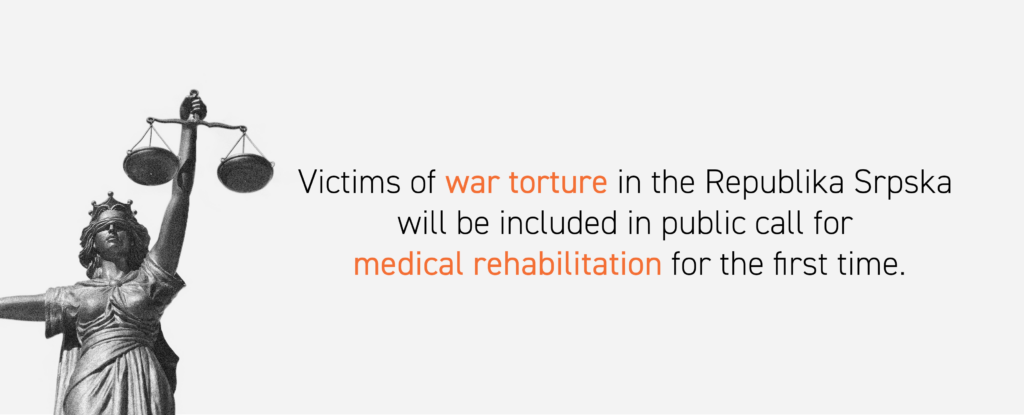Victims of torture: scarred for life
The International Day in Support of Victims of Torture reminds us that this crime destroys entire lives. How can someone rebuild their life after such inhumane acts?
“There were two tables, a bucket of water, a pulley and two bat-like sticks. I remember feeling cold and intensely frightened.”
Abdennacer Naït-Liman was tortured in Tunisian prisons for opposing Ben Ali’s regime. Like thousands of victims around the world, he is still waiting to see his suffering recognized and his torturers condemned.
Victims of torture are often debilitated for life. Abdennacer Naït-Liman almost lost the use of a hand and a foot. Other scars are invisible: “The pain they inflicted was not just physical: they tried to break my spirit too, with threats, isolation and mock executions,” he recalls.
A multi-layered evil
In Nepal, Lakpa Tamang was tortured when he was only 11 years old, falsely accused of stealing jewelry. Although he received compensation, his life is far from having returned to normal. He suffers from post-traumatic stress and has had to stop his studies. Victims living in rural areas, far from medical specialists, typically receive little support. In extreme cases, the psychological scars seep into future generations too.
Psychological disorders can also be accompanied by social isolation. In the DRC, it is not uncommon for a woman who is the victim of sexual violence – a specific form of torture – to be rejected by her family. This is what happened to N.: she was excluded from her community and abandoned by her husband after being raped by a soldier.
Finally, psychological distress and social isolation leave the victim in precarious conditions. Deprived of their close circle of relatives, they can find themselves without money and even without a house. It is sometimes impossible for them to find work again, as was the case for André in Burundi. In the face of destitution, psychological reconstruction often takes a back seat… further worsening the situation.
Moving forward
How then can a victim take back control their life? Access to justice is often an important step in rebuilding victims’ lives, according to psychologist Besima Catic: “When someone hurts you, it is normal to want to see this person punished. It is a necessary step for victims.”
In addition to the symbolic and psychological importance of prosecution, every victim is entitled to compensation for the harm suffered. And this compensation can help victims to regain their dignity in concrete terms by paying for medical care, psychological support, housing away from the crime scene, or training to change jobs. “If I had not received this money, I do not know how I could have bought my medicine and everything else (…) I would not have had the money” says V., a victim in Bosnia and Herzegovina.
TRIAL International fights every day for victims of torture, like V., André, Abdennacer and Lakpa. The organization helps them to obtain justice and compensation, and supports them in their rehabilitation.

